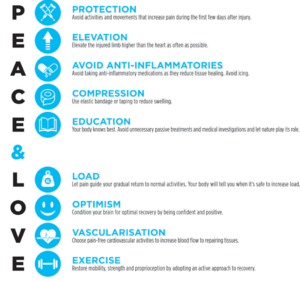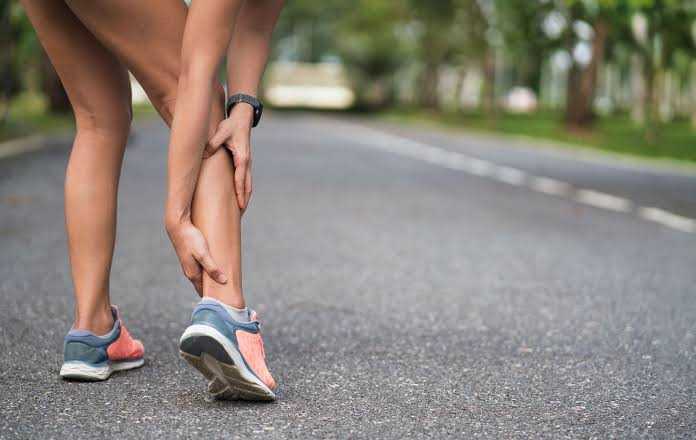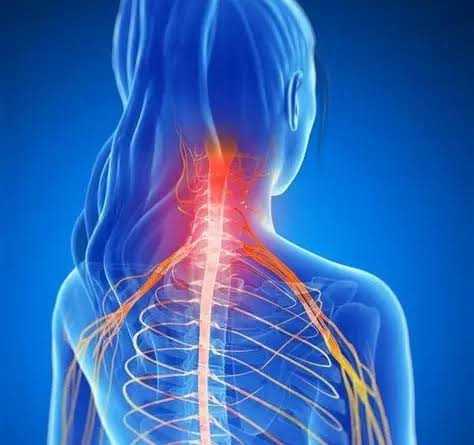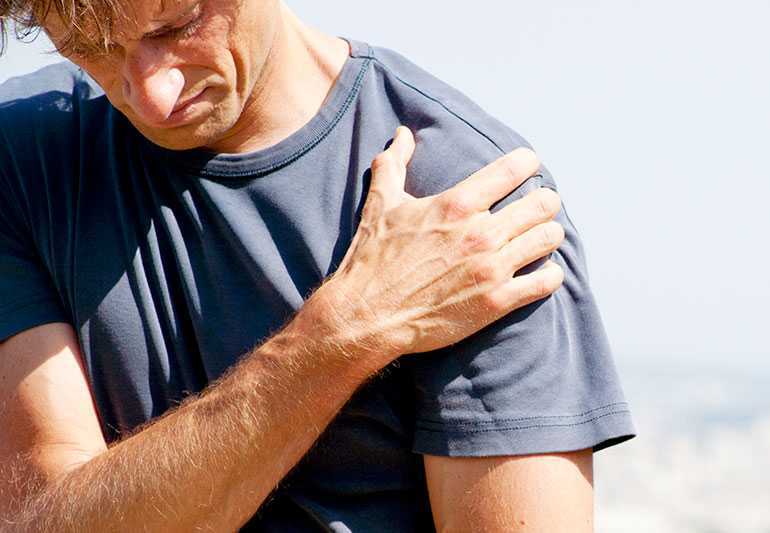Sports injuries are an unfortunate but common occurrence in all sports. This commonly includes:
- Ligament sprains
- Muscle tears
- Corks / contusions
- Tendinopathy
- Stress fractures
- Fractures & dislocations
- Neuropraxia (acute nerve injuries)
It is essential to manage both acute and chronic overuse injuries appropriately. Including education and advice, load management, swelling and pain management and a progressive return to play exercise program.
Common sporting injuries include:
- Ankle sprains,
- Achilles tendinopathy
- Plantar fasciitis (Plantar Fasciopathy)
- Knee injuries
- Patellofemoral pain
- MCL, ACL, PCL, LCL sprains
- Iliopsoas tears & tendinopathies
- Acetabular labral tears
- Quadricep tears
- Hamstring tears
- Lumbar facet joint irritation
- Costochondral injuries & Costovertebral injuries
- ACJ sprains & SCJ sprains
- Glenoid Labral tears
- Rotator cuff tears
- Rotator cuff tendinopathy
- Golfers elbow (Medial epicondylalgia)
- Tennis elbow (Lateral epicondylalgia)
- Triangular Fibro-Cartilage Complex (TFCC) injuries
- Scaphoid fractures
Management may include:
- Sports taping in the early stages to offload or support vulnerable structures and decrease pain. Taping should always compliment a progressive return to play exercise program.
- Sports massage to decrease pain and promote increased mobility.
- Education and advice to support self-management.
- Rehabilitation exercise to restore and progress toward improving strength, stability, and power.
Acute management advice
You may be familiar with RICE – Rest, ICE, Compression, ELEVATION? This then progressed to POLICE which included Protection, Optimal Loading, Ice, Compression and Elevation. However, both models are outdated, even though they are still widely used!
The current best approach for the acute management of soft tissue sporting injuries includes PEACE & LOVE

How can we help?
Resting for too long, avoiding movement, using NSAIDS etc. may impair return to sport outcomes.
Early assessment is key, it is important to receive the appropriate advice early on in your injury rehabilitation to ensure the best and most effective return to play process.












